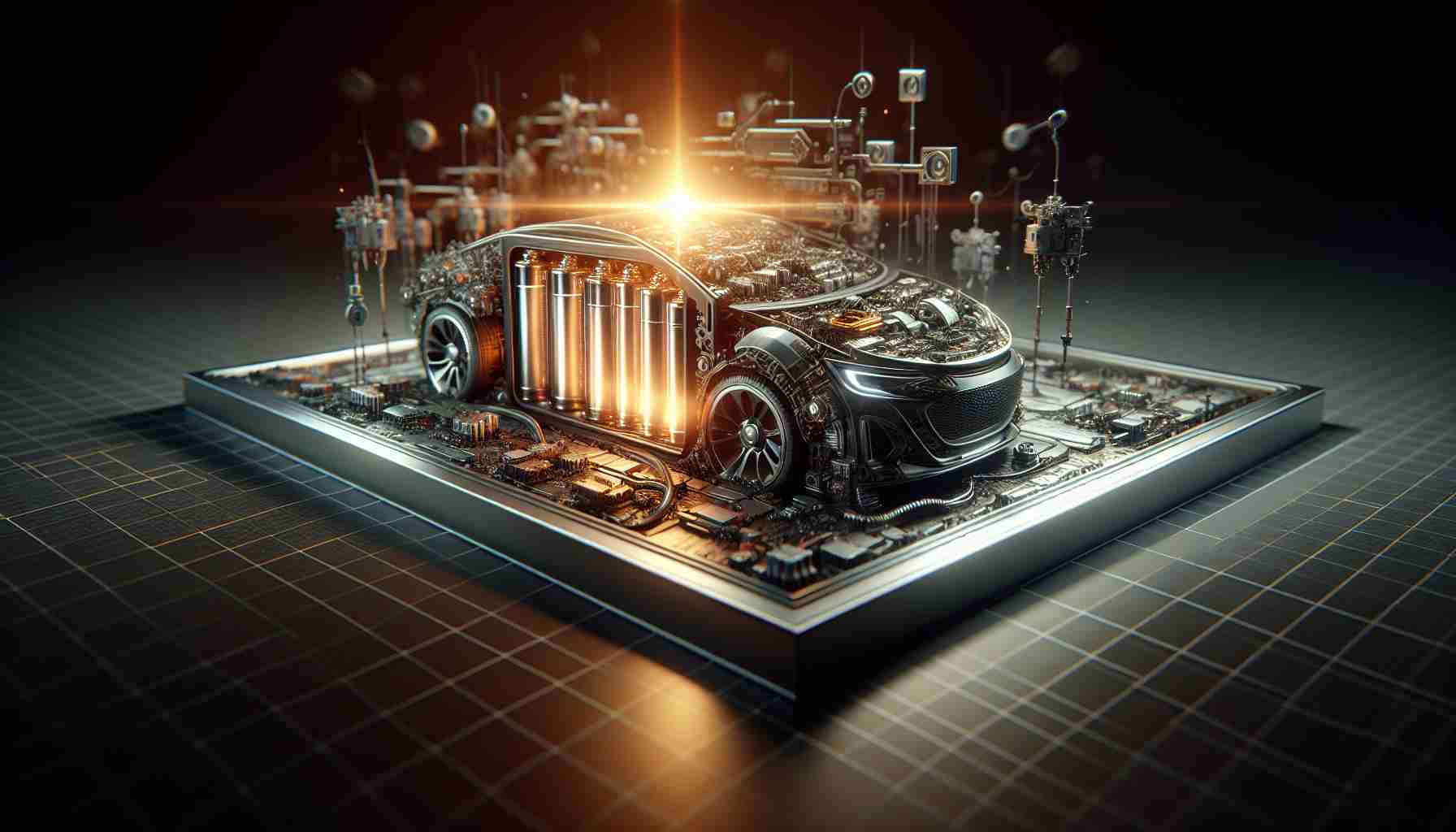In a groundbreaking move, Honda Motor has unveiled a demonstration production line for cutting-edge solid-state batteries in Sakura, Japan, marking a significant stride in the evolution of electric vehicles. Nestled within Honda’s R&D center in Tochigi Prefecture, this facility is set to spearhead the transition to mass-producing these advanced batteries, slated for deployment in electric vehicles during the latter half of the decade.
The Future of Battery Technology
Spanning approximately 27,400 square meters, the state-of-the-art demonstration line is equipped to refine promising solid-state battery technology. It incorporates facilities for crucial processes like material mixing, electrode coating, cell formation, and module assembly. Honda plans to kick off full-scale production at this site by January 2025, with an eye on optimizing manufacturing efficiency and cost-effectiveness.
A distinctive feature of these solid-state batteries is Honda’s innovative roll-pressing technique. This approach enhances the density of electrolyte layers and accelerates the production cycle, setting the stage for a new era in battery manufacturing. Engineers are equally focused on cutting energy consumption and minimizing indirect costs by integrating novel control technologies.
A Vision for Tomorrow
Honda envisions a future where solid-state batteries power not just its electric cars, but also motorbikes and potentially aeroplanes. By scaling up production, Honda aims to make these advanced batteries more accessible and affordable. The company’s long-term goal is ambitious: by 2040, every new Honda vehicle will be either electric or fuel cell-powered, driven by batteries that boast high energy density, impressive heat resistance, and rapid charging capabilities.
Revolutionizing Energy: Solid-State Batteries and Their Impact on the Future of Technology
In the ever-evolving landscape of battery technology, Honda’s recent unveiling of their solid-state battery production line in Sakura, Japan, marks a pivotal moment not only for the automobile industry but for technological advancements worldwide. This move sparks a realm of possibilities, bringing intriguing facts to light and igniting debates about the future of energy.
What Makes Solid-State Batteries Game-Changing?
Solid-state batteries, such as those championed by Honda’s innovative techniques, promise revolutionary improvements over traditional lithium-ion cells. By replacing liquid electrolytes with a solid alternative, these batteries offer increased safety, higher energy density, and longer lifespans. These features point to a transformative shift for various technologies, from electric vehicles (EVs) to portable electronics.
Notably, Honda’s roll-pressing technique for electrode layers boosts efficiency and scalability, which is crucial for widespread adoption. However, this technology poses the question: what challenges lie ahead?
Navigating the Challenges
The advantages are conspicuous, yet the development of solid-state batteries comes with its share of controversies and hurdles. The manufacturing process is currently complex and costly, presenting a significant barrier to mass production. Engineers are tasked with the critical challenge of reducing production costs without compromising battery quality.
Moreover, material supply and environmental concerns raise further issues. Can renewable resources be used in the production process to ensure sustainability? There’s keen interest in how companies will address these environmental impacts.
Implications for Humanity and Technology
The implications of mastering solid-state technology extend beyond transportation. If scalable, these batteries could become integral to energy storage solutions, supporting renewable energy sources and reducing reliance on fossil fuels. Additionally, their application in devices like laptops and smartphones could vastly improve performance and battery life.
Yet, with the advent of new technologies come societal impacts. The shift to all-electric vehicles may disrupt existing industries, raising questions about job creation and displacement. Will the move towards solid-state technology lead to further economic inequities, or will it present opportunities for innovation and new job markets?
Exploration of the Future
As Honda pushes boundaries in battery technology, their vision enriches discussions about our energy future. Could these developments bridge economic and environmental goals globally? As companies strive for solutions, the dialogue around solid-state batteries becomes ever more critical.
To explore more about the potential of solid-state batteries and related advancements, you might find interesting insights on Honda and Technology Review.
In conclusion, while solid-state batteries are poised to alter the technological landscape fundamentally, the journey to their adoption is fraught with challenges and opportunities. The path to a fully electric future spurred by groundbreaking battery technology marks an exciting time for innovation and environmental consciousness. How this journey unfolds remains a story to watch closely.







